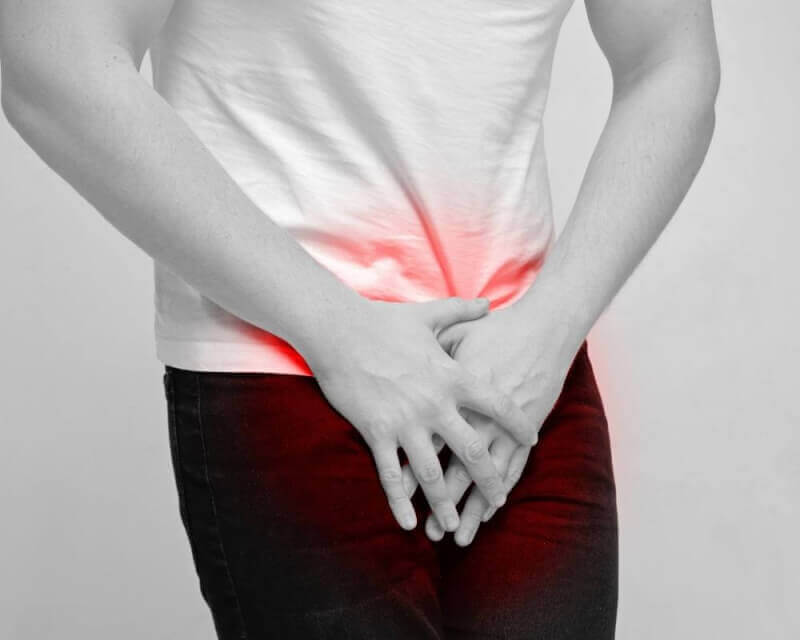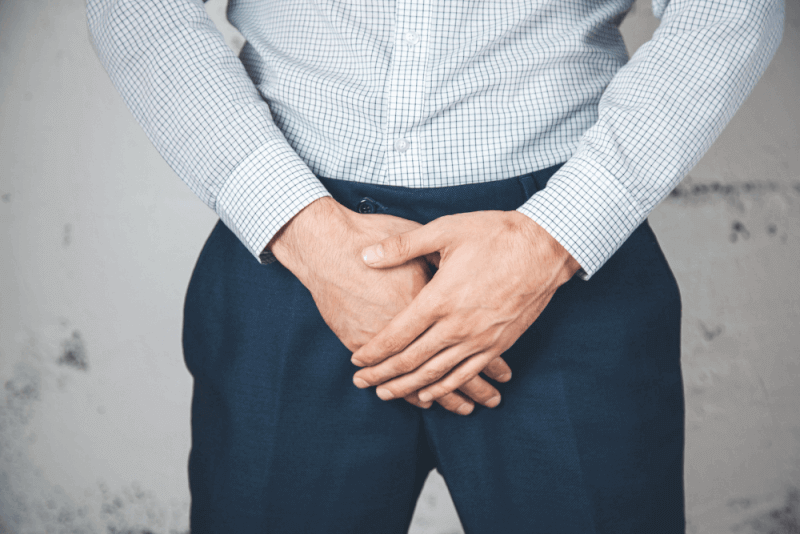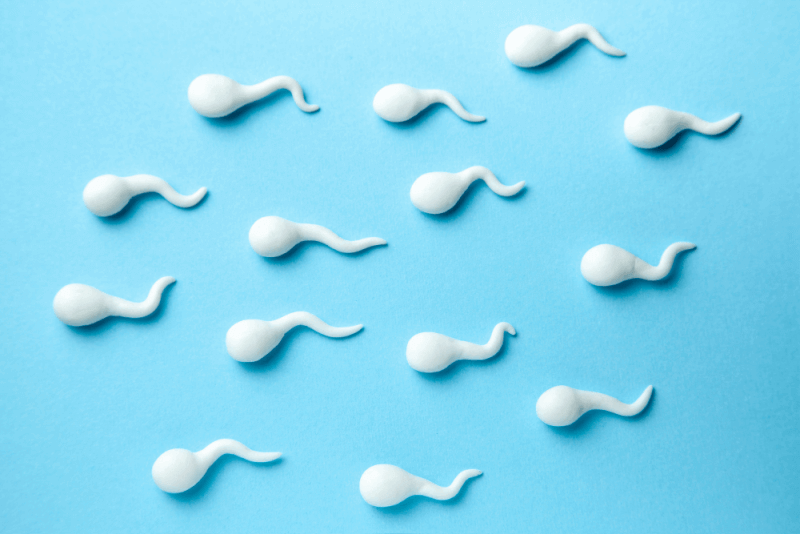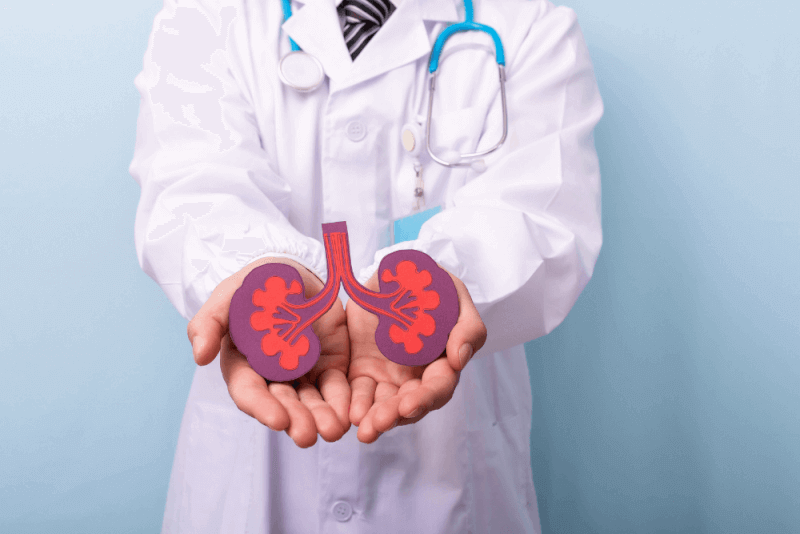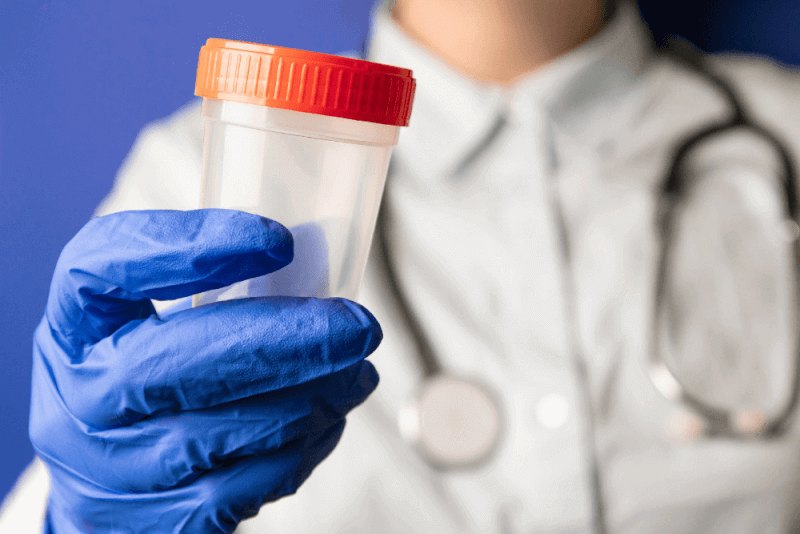What is inflammation of the prostate (prostatitis)?
Inflammation of the prostate, which usually occurs in sexually active men, is also called prostatitis. Prostate inflammation, which is a health problem that can occur at any age, is usually caused by bacteria. In addition to causing pain in the pelvic region and genitals, it is a health problem that can be cured with treatment.
Inflammation of the prostate (prostatitis) diagnosis
In order to diagnose prostate inflammation, a prostate examination must first be performed. In case of swelling of the prostate due to infection, a definitive diagnosis is made by urine culture. Urine culture can also help to identify the type of bacteria causing prostate inflammation.
Symptoms of inflammation of the prostate (prostatitis)
Inflammation of the prostate usually presents with severe pain in the pelvic area and around the genitals. Other symptoms of prostate inflammation include the following:
- Abdominal, groin or lower back pain
- Frequent urination, especially at night
- Fire
- Tremor
- Urgent need to urinate
- Blood in semen or urine
- Burning or stinging sensation when urinating
- Cloudy urine
- Pain during urination
- Pain during ejaculation
- Weak and intermittent urine flow
Causes of inflammation of the prostate (prostatitis)
Within the structures defined as the urinary tract, there are structures such as the bladder, kidneys and ureters and urethra that connect the kidneys and bladder. If bacteria in these structures enter the prostate, prostate inflammation occurs.
Acute prostatitis is usually caused by common bacteria. If acute prostatitis is not adequately treated, chronic bacterial prostatitis may occur.
Treatment of inflammation of the prostate (prostatitis)
Since prostate inflammation is a bacterial health problem, antibiotics are used in its treatment. Antibiotic use in prostatitis starts with 4 weeks. Afterwards, antibiotics may be continued depending on whether the infection has cleared or not.
In the treatment of bacterial prostatitis, antibiotics may be required for up to 3 months depending on the type of bacteria causing the disease. On the other hand, treatment of chronic non-bacterial prostatitis is planned to manage symptoms.
Types of prostate inflammation
Prostate inflammation is divided into acute and chronic prostate inflammation.
Acute prostatitis
Infections that start suddenly in the prostate gland are called acute bacterial prostatitis. It is usually caused by bacteria belonging to the e- coli family. Symptoms include pain during urination, fever and frequent urination, which are similar to symptoms of urinary tract infection. Early treatment of acute bacterial prostatitis, which is more common especially in young men, is important.
Chronic prostate inflammation
Chronic prostatitis is defined as the continuation of acute prostatitis cases for 3 months or longer. In some cases, inflammation of the prostate may recur for more than 3 months in a row. These cases are among the cases of chronic bacterial prostatitis.
The symptoms of chronic prostatitis are milder than those of acute prostatitis. However, feeling pain during divorce, which is among the symptoms of chronic bacterial prostatitis, can cause sexual dysfunction. In addition, prolonged infection in the prostate can cause the infection to spread.
Chronic non-bacterial prostatitis
Chronic prostatitis can also be caused by non-bacterial causes. This type of prostate inflammation is called chronic non-bacterial prostatitis. The cause of chronic non-bacterial inflammation of the prostate is not known. However, it is thought that previous bacterial prostatitis and exposure to certain chemicals may cause non-bacterial prostatitis.
Asymptomatic prostatitis
In asymptomatic prostatitis, patients do not show any symptoms. However, infection is found in the prostate biopsy. This has no clinical significance.
Risk factors for prostate inflammation
Factors that increase the risk of prostate inflammation in men include the following:
- Being in the young middle age group
- Biopsy of the prostate
- Having had prostate inflammation before
- Use of a urinary catheter
- Infection of the urinary or reproductive system
- HIV infection or AIDS
Recommendations for patients with prostatitis
Among the things that prostatitis patients can do to control symptoms are the following:
- Hot sitz bath
- Avoiding exposure to cold
- Keeping feet warm
- Not constipated
- Avoiding alcohol and spicy foods


